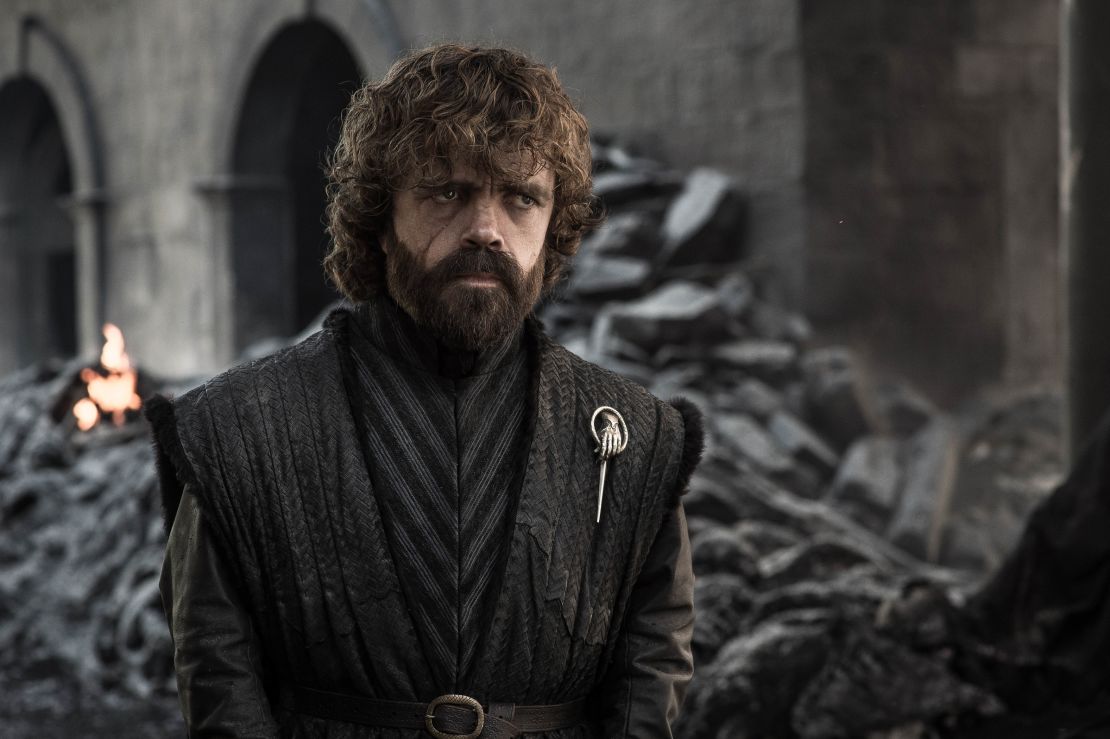The following contains spoilers about the “Game of Thrones” series finale that premiered May 19.
“When you play the Game of Thrones, you win or you die.”
After eight seasons, 73 episodes and a much-debated flurry of plot developments, that signature first-season line proved the key to unraveling the “Game of Thrones” finale, which, after a season that was at various times exhilarating, exhausting and aggravating, came as something of a relief.
Given the passions ignited (somewhat literally, given all that dragon fire) by the penultimate chapter, the finale couldn’t possibly please everyone. While there was validity in many of the criticisms, a degree of silliness crept into the discussion, starting with those who actually signed a petition petulantly demanding some kind of cosmic do-over.

In the final analysis, the first half of the last episode – both written and directed by showrunners David Benioff and D.B. Weiss – was strong, logical and satisfying. Overall, it wasn’t a one-for-the-ages finale, held up against the best examples of them and the abundant hype, but it wasn’t an unworthy one either.
Inevitably, Jon Snow (Kit Harington) was forced to choose between love and morality, realizing that the warlike tendencies of his queen and lover, Daenerys (Emilia Clarke), wouldn’t be slaked by her demolition of Kings Landing.
Yet the key moment came prior to that, when Tyrion (Peter Dinklage, superb as always) first grieved over his fallen brother, then led Jon through a recitation of Daenerys’ ruthlessness. It was, albeit belatedly, a reminder of all the terrible – or at least merciless – things she had done, which made her vengeful destruction of the city less out of character than a demonstration of her quest to win the Iron Throne.
Love, ultimately, took a back seat to that pursuit, but it wouldn’t come without sacrifice. Jon could stop her, but not without not only killing the woman he loved, but putting his own life – and birthright claim to the throne – at considerable risk.

At that point, with the Iron Throne rather poetically reduced to a molten heap, the finale shifted into another gear, one that featured some superb moments and callbacks but felt less impressive.
In perhaps the most amusing flourish, the process of selecting a new leader saw someone propose trying democracy, a suggestion that was roundly laughed off by the nobles in attendance. It felt like an inadvertent rejoinder to some of the show’s critics – a reminder that a mythical fantasy world where a woman rides dragons can’t readily be held to modern-day conventions.
Still, the selection of Bran (Isaac Hempstead Wright) to lead the kingdom seemed appropriate, with Tyrion citing his inability to father heirs as an advantage, noting – as the show has amply demonstrated – that “the sons of kings can be cruel and stupid.” That’s as close to a meritocracy as Westeros will ever get.
Similarly, the producers offered hopeful endings for the other Starks, with Sansa (Sophie Turner) maintaining her region’s independence, and Arya (Maisie Williams) and Jon both riding into futures that at least carried possibilities.
Anything much more definitive than that probably would have felt forced, although this wasn’t the sort of closure that provided a genuine sense the story’s over. (Of course, that would leave George R.R. Martin room to write more books, assuming he ever gets around to that task.)
This final season has obviously been divisive, and a good deal of the criticism – especially of the penultimate episode – was justified. For some, Daenerys’ turn was irredeemable, seized upon as an example of the show’s shortcomings particularly in regard to its female characters.
Flaws and all, “Game of Thrones” rewrote the rules for a TV epic, providing a brilliantly cast serialized storyline, produced with a scope and scale that rivaled theatrical blockbusters.
It’s too bad that the show couldn’t completely stick the landing. But when you fly that high, a few wobbles are perhaps inevitable.
HBO and CNN share parent company WarnerMedia.



















